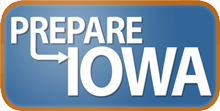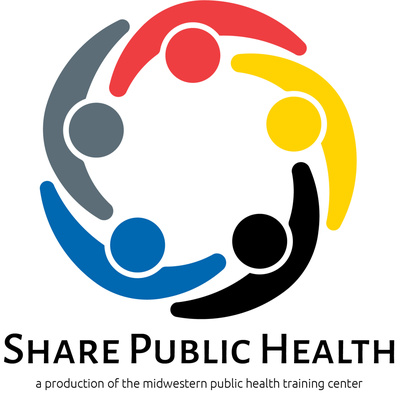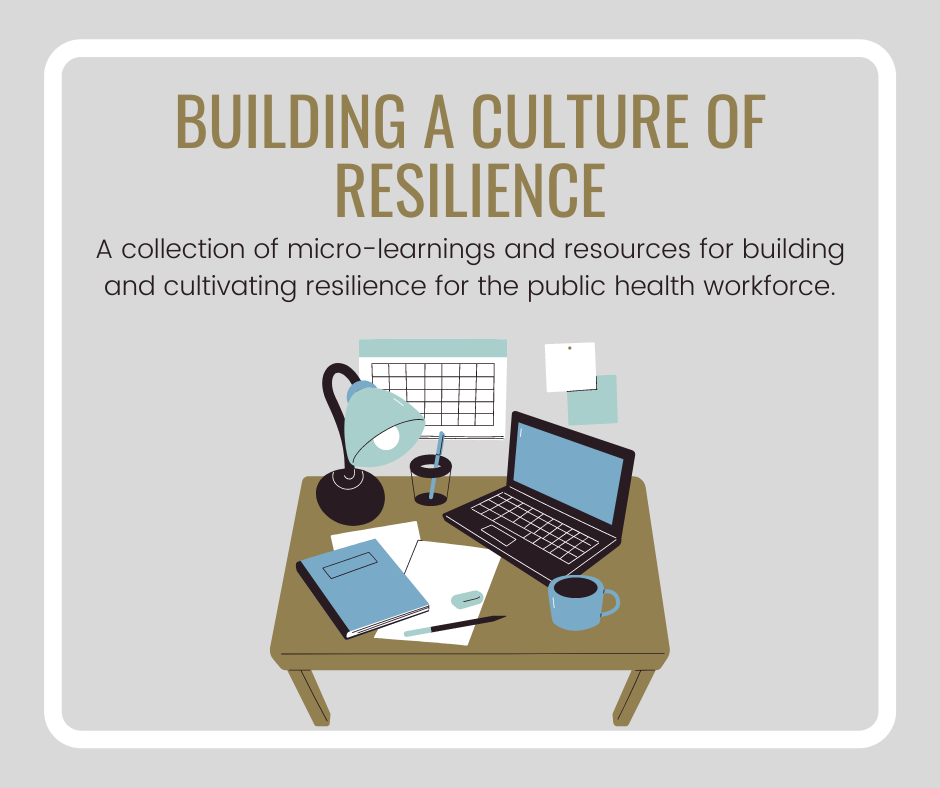Mass Triage Interactive Training: A Short Course
This train-the-trainer toolkit, from the Tarrant County Advanced Practice Center, provides refresher and just-in-time training in triage methods for public health and healthcare providers responding to mass casualty incidents involving hazardous agents. It is based on the National Disaster Life Support Foundation (NDLSF) Decon training: a two-day training course offered by the NDLSF National Training Center at UT Southwestern Medical Center in Dallas, TX. The CD also provides a training overview for educators on two other triage methods, SACCO and START.
IS-806: Emergency Support Function (ESF) #6 - Mass Care, Emergency Assistance, Housing, and Human Services
The National Response Framework (NRF) presents the guiding principles that enable all response partners to prepare for and provide a unified national response to disasters and emergencies – from the smallest incident to the largest catastrophe. As part of the NRF, Emergency Support Functions (ESFs) are primary mechanisms at the operational level used to organize and provide assistance. This series of courses provides an overview of each of the 14 ESFs. This course introduces Emergency Support Function (ESF) #6 – Mass Care, Emergency Assistance, Housing, and Human Services. This course is part of FEMA's Emergency Management Institute Independent Study Program.
Mass Casualty Incident Triage
This course from the South Central Public Health Partnership is intended for pre-hospital care providers and firefighters who may be called on to respond to a mass casualty incident resulting when a large numbers of victims are injured or exposed to hazardous materials or WMD agents. The course will prepare trainees to use the Simple Triage and Rapid Treatment (START) system, Incident Management System (IMS) and the FEMA Job-Aid in order to respond with maximum effectiveness to a mass casualty event. Previous training of trainees may range from Firefighter/ First Responder and/or EMT-Basic to Paramedic.
Mass Gatherings: Are You Prepared?
Food poisoning at the fair, rabies exposure at the rodeo, crowd trampling at a World Cup game: what is the role of public health at events that attract large crowds? This module will teach you to assess and plan for the prevention and mitigation of public health threats at mass gatherings. It covers topics of risk assessment, surveillance, health response, coordination, and communication. This 90-minute module can be completed over several shorter sessions. It also includes a unique practice scenario to further enhance your learning. This course is co-sponsored by the Northwest Center for Public Health Practice and the University of Washington College of Nursing.





